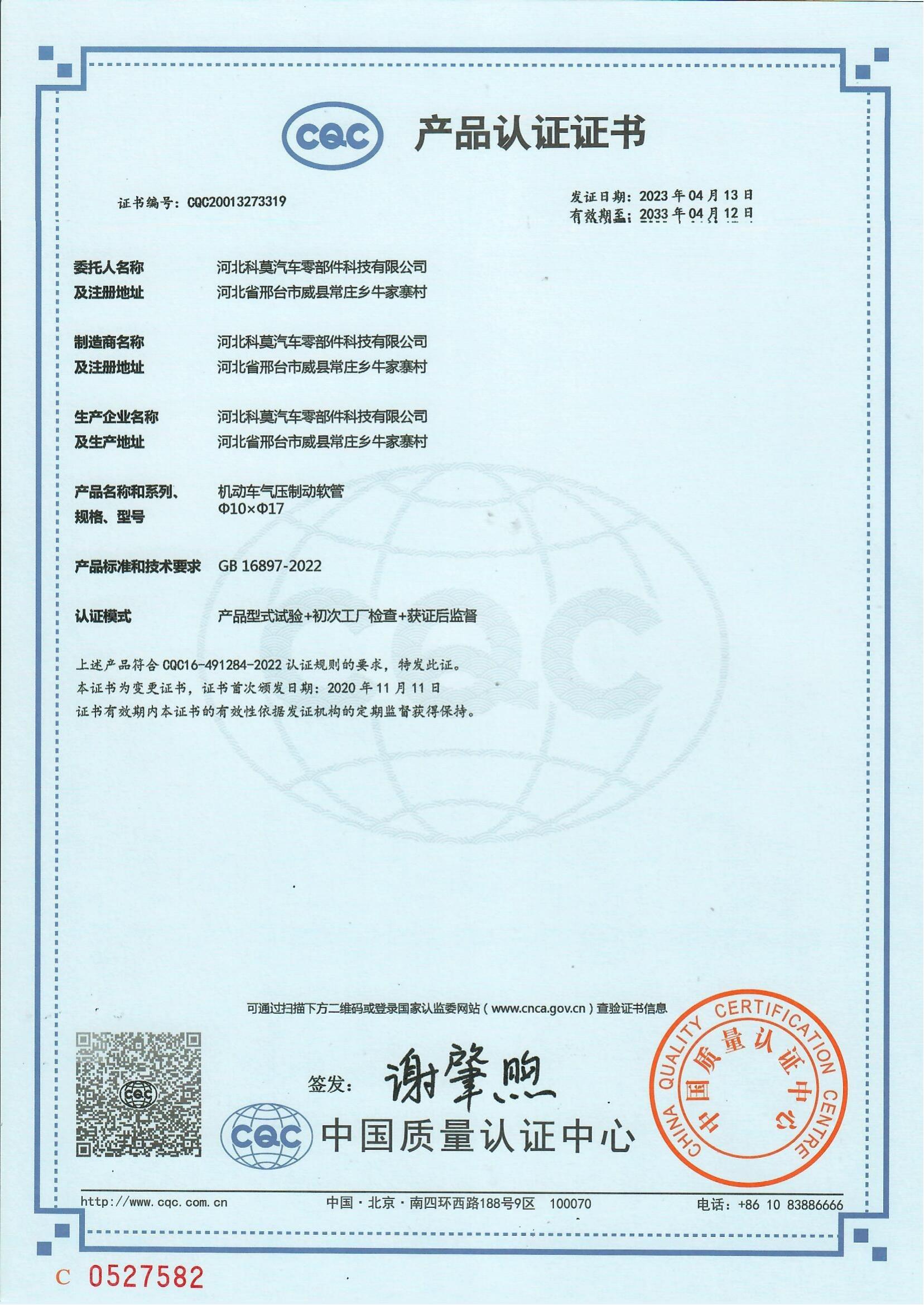Choosing the Right Fuel Gas Hose for Optimal Performance and Safety
Oct . 16, 2024 15:14 Back to list
Choosing the Right Fuel Gas Hose for Optimal Performance and Safety
Understanding Fuel Gas Hoses Importance, Specifications, and Maintenance
Fuel gas hoses are critical components in various applications, particularly in industrial, commercial, and residential environments where gas is utilized. These hoses facilitate the safe transportation of fuel gases like natural gas, propane, and butane to various appliances, ensuring a constant and reliable supply to meet functional needs. Given their importance, it is crucial to understand their specifications, maintenance, and safety features.
Key Specifications of Fuel Gas Hoses
Fuel gas hoses come in various sizes, materials, and specifications, tailored to meet specific operational requirements. One of the primary factors to consider is the hose material. Common materials include rubber, thermoplastic, and stainless steel. Each material has its own advantages rubber hoses offer excellent flexibility and durability, while metal hoses provide superior strength and can withstand higher temperatures and pressures.
Another critical specification is the hose diameter, which typically ranges from 1/4 inch to several inches, depending on the volume of gas required for the application. Additionally, the pressure rating of the hose is vital; it must be suitable for the maximum operating pressure of the gas supply system. Most fuel gas hoses are designed to handle pressures ranging from 150 to 400 psi, making them robust enough for various commercial and industrial uses.
Safety Features
Safety is paramount when dealing with fuel gases, as any leaks or failures in the gas supply line can lead to hazardous situations. High-quality fuel gas hoses are designed with safety features that include leak-proof connections, puncture resistance, and anti-static properties. Many hoses come equipped with safety valves or fittings that help to prevent accidental disconnections.
Moreover, regular inspections and maintenance are essential to ensure the integrity of fuel gas hoses
. Users should look for any signs of wear, such as cracks, fraying, or discoloration, which may indicate potential failures. Hoses that have been exposed to harsh environmental conditions, including extreme temperatures or chemicals, should be replaced promptly to avoid safety risks.fuel gas hose

Installation and Usage Guidelines
Proper installation is critical for the safe functioning of fuel gas hoses. Users should follow the manufacturer's guidelines and local regulations when installing gas hoses. It is vital to avoid any kinks or sharp bends in the hose, as these can cause stress points that may lead to leaks or ruptures over time.
When connecting hoses, ensure that all fittings are compatible and tightly secured. Additionally, using proper tools and equipment during installation can prevent damage and leaks. Regularly testing the gas supply system for leaks, typically with a soapy water solution, can help identify issues before they escalate.
Maintenance Practices
To maximize the lifespan and performance of fuel gas hoses, regular maintenance practices should be adopted. This includes periodic inspections for wear and tear, ensuring connections are secure, and replacing any hoses that show signs of damage. It’s advisable to replace hoses every five to seven years, depending on usage and environmental factors.
Proper storage also plays a role in extending the life of fuel gas hoses. Hoses should be stored in a cool, dry place away from direct sunlight and sharp objects. Coiling hoses correctly helps to prevent kinking, which can weaken the material over time.
Conclusion
Fuel gas hoses are essential components in fuel gas systems, providing safe and efficient transport of gases. Understanding their specifications, safety features, and maintenance requirements is crucial for anyone involved in handling fuel gases. By adhering to the best practices in installation and care, users can ensure a reliable and safe operation, minimizing risks associated with gas leaks and failures. Investing time and resources into the proper management of fuel gas hoses ultimately promotes long-term safety and efficiency in gas supply systems.
